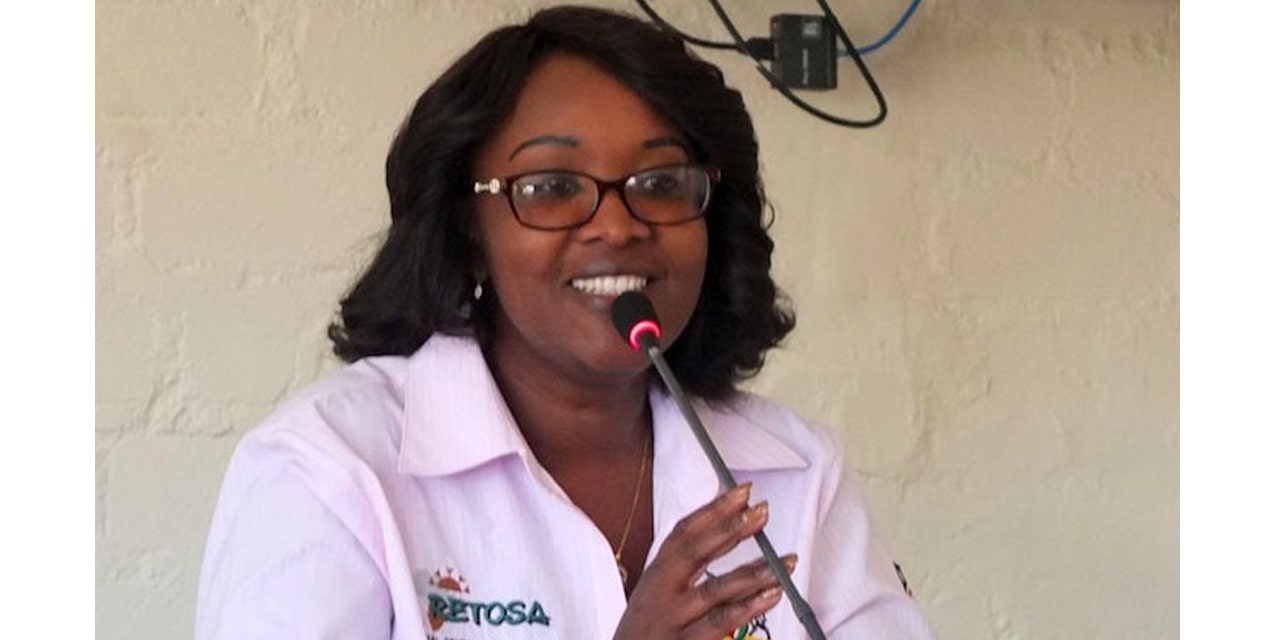Andrew Kathindi
The Ministry of Environment, Forestry and Tourism has said it is monitoring the second COVID-19 wave currently occurring in Europe and will amend current measures as the situation on the ground unfolds.
Chair of the Tourism Revival Initiative (TRI) within the Tourism Ministry, Seimy Christoph-Shidute told Windhoek Observer that the ministry is on alert and concerned by the developments in Europe and elsewhere.
“Together with Ministry of Health and Social Services (MoHSS) we are making sure that in addition to the negative SARS-CoV-2 PCR tests that every tourist must provide, further health screening is done on arrival at airports and land borders before entry is allowed into Namibia.”
She added, “This will most definitely negatively impact the TRI as the focus of the initiative focus was more specifically to revive and invite international tourists as part of the tourism plan for gradual reopening of the sector. We have started with the opening of domestic tourism in May 2020,” she said.
However, the health ministry was adamant that the 72-hour negative test result was adequate and safe as a measure.
“We don’t just open our doors willy-nilly. COVID-19 is an evolving disease and we relaxed measures based on what is being uncovered epidemiologically. We have a weekly dashboard meeting, of which I’m heading to now, with various stakeholders,” Health Ministry Executive Director, Ben Nangombe told Windhoek Observer.
“The 72-hour test appears to be safe. This doesn’t mean we are letting down our guard. We have experts looking at the data. But we follow international trends, how things evolve, and the situation with the countries we trade with.”
Government earlier this month relaxed measures that were put in place to control entry into the country as part of its tourism revival initiative. Previous measures, such as the requirement for the mandatory 5-day retest have been withdrawn.
Germany, Namibia’s largest overseas inbound tourism market, recently recorded 129,654 new cases over the last 14 days while France has recorded 442,223 new cases in the same period.
According to media, there are currently ongoing talks to place both Germany and France back into lockdown, which will likely be announced next week.
CEO of Hospitality Association of Namibia (HAN), Gitta Paetzold said that while the second wave in Europe is troubling, “what’s of concern are the stringent measures proposed again, particularly on the hospitality, restaurant and tourism sectors, despite the fact that globally, there is no evidence of increased transmission of the virus through tourism accommodation and restaurants. These are the most regulated sectors, even before COVID.”
Paetzold said that while the EU may introduce new local lockdowns, borders will remain open, as was the case from March to June this year, but expects the majority of people to abide by government advice to avoid unnecessary travel. She warned the local sector to expect lower numbers of tourists at their facilities.
“What may work in our favour, given that the main EU travel season is over, is that many retired people may be keen to escape the long winter in Europe and choose to flee to warmer climates of Southern Africa/ Namibia. As done in South Africa, we may wish to extend an open invitation to those keen to ‘linger longer’ and spend their pensions in Namibia,” she said.
She added, “It is all the more important for us to focus on a diversified market, including regional travel, Transfrontier tours, and as tourism sector we have made such proposals to the government. We asked for this already in the first tourism revival proposals back in June. We are happy that our leaders have agreed to open selected land borders and sincerely hope that bilateral and discussions at SADC level will help build a strong regional tourism industry”
Meanwhile, economist Rowland Brown has warned of a possible bleak future for the tourism industry.
“The second wave in Europe will suppress our tourism industry for a while yet. Companies that underestimated this and did not react early will likely struggle to stay afloat. Recovery will take time – I don’t expect to see 2019 numbers again until 2023, maybe 2024.”




